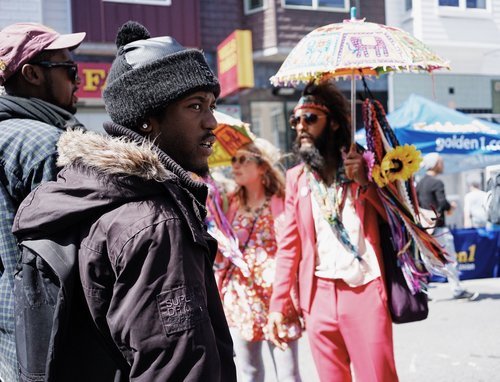by Kea Wilson
No two people seem to quite agree on what the word “gentrification” means. If you’re at all interested in what shapes our cities, you’re bound to find yourself in a conversation about gentrification eventually—and depending on who you tend to hang out with, you might find yourself in a fight.
To some, gentrification is synonymous with an inseparably interconnected web of violent acts; it’s a thing to be fought if we want to preserve compassion for the most vulnerable in our societies and guard against unmitigated greed. If we let the interests of wealthy developers control our landscapes, what happens to democracy for the common man?
To others, though, gentrification is the simple mechanism by which we make our cities better, tied up in our most basic economic processes. After all, if we can’t develop properties and get more money into a neighborhood tax base, what are we supposed to be doing if we want to build better places (short of upending capitalism itself)? If properties must degrade or be improved and rents must rise or fall or be maintained, isn’t “gentrification” a natural process as much as a deliberate one?

But to many more, “gentrification” is a word that provokes anxiety and uncertainty, especially if we’re people who hold some degree of economic, social or other power and we’re not sure how best to use it. We might worry about our own role in gentrification when we scout for apartments or decide whether or not to support the new coffee shop down the street; we might consider gentrification when we make choices about who to vote for in local elections, or whether that shiny new development in a low income neighborhood is a good thing. And if we’re disempowered people, we might think about gentrification when our landlord hikes up the rent, or when we see a street we’ve cherished suddenly and irreversibly change.
Gentrification can shape our lives. But we don’t seem to really know what it means.
The word “gentrification” itself is only half a century old, so it’s no wonder that we still don’t fully have our arms around it. But since we first put a word to the phenomena, this single term has been re-appropriated and applied to all manner of political, economic, and social processes, and it’s often used as a shorthand for many processes at once. When a crumbling low-income apartment building is claimed under eminent domain and the residents are evicted, many would say that’s gentrification. But when the main earner in a low income family gets a new job, moves up a social class and starts fixing up their house, some would say that’s gentrification, too. Some would say it isn’t gentrification until the hipster cafes and hair salons start setting up shop. Others would say it isn’t gentrification at all unless the “gentry” is white or wealthy.
Whether we think gentrification is a problem to be tackled or a force to be harnessed, it can’t hurt to slow down, take a step back, and think about what we really mean when we use this loaded term. Here are just a few of the many things we talk about when when we talk about “gentrification.”
